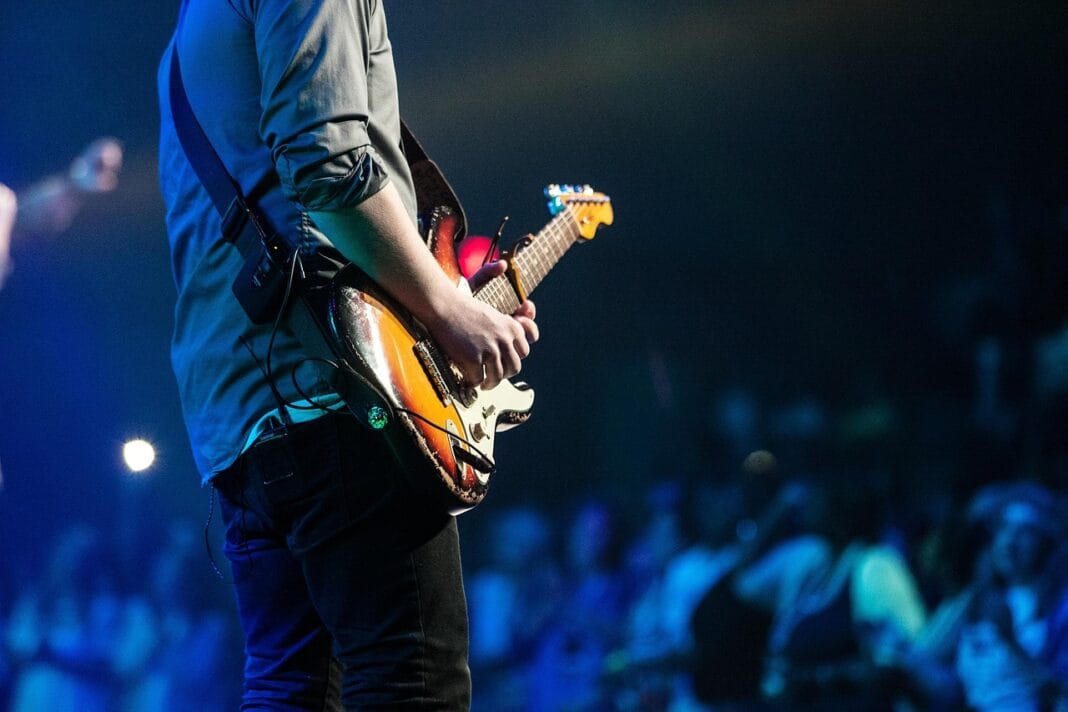Cultural shows offer a vibrant tapestry of traditions, stories, and artistic expression. They provide immersive experiences that transport audiences to different worlds, fostering understanding, appreciation, and a deeper connection to diverse cultures. Whether it’s a traditional dance performance, a theatrical production, or a musical extravaganza, cultural shows play a vital role in preserving heritage and promoting cross-cultural dialogue. They are more than mere entertainment; they are windows into the soul of a community, offering invaluable insights into its values, beliefs, and history.
The Allure of Cultural Shows
What Makes Cultural Shows Special?
Cultural shows possess a unique charm that sets them apart from other forms of entertainment. They delve into the roots of traditions, showcasing artistry passed down through generations. Unlike contemporary performances often driven by commercial interests, cultural shows prioritize authenticity and preservation.
- Authenticity: Performances strive to accurately represent cultural practices.
- Preservation: They actively contribute to safeguarding cultural heritage.
- Education: They offer valuable learning experiences about different cultures.
- Community Building: They foster a sense of belonging and shared identity.
Benefits of Attending Cultural Shows
Attending a cultural show is more than just a night out; it’s an enriching experience that offers numerous benefits.
- Expand Your Horizons: Gain exposure to new perspectives and worldviews.
- Promote Empathy and Understanding: Develop a deeper appreciation for different cultures.
- Support Local Artists and Communities: Contribute to the preservation of cultural heritage.
- Enjoy Unique and Memorable Experiences: Create lasting memories with family and friends.
- Learn About History and Traditions: Connect with the past through storytelling and performance.
Example: Attending a Lion Dance during Chinese New Year not only entertains but also provides insight into the symbolism and significance behind the dance in Chinese culture.
Types of Cultural Shows
Traditional Dance Performances
From the graceful movements of Balinese dancers to the energetic steps of Irish step dancing, traditional dance performances are a captivating way to experience cultural heritage.
- Balinese Dance: Intricate hand gestures and expressive facial expressions tell stories of myths and legends.
- Irish Step Dancing: Rapid footwork and precise movements showcase the athleticism and artistry of Irish culture.
- Flamenco: Passionate and expressive Spanish dance characterized by rhythmic footwork, clapping, and guitar music.
- Hula: A Polynesian dance form that tells stories through graceful hand movements and rhythmic swaying.
Theatrical Productions
Cultural plays and musicals offer powerful narratives that explore historical events, social issues, and personal stories within specific cultural contexts.
- Kabuki (Japan): A highly stylized form of traditional Japanese theatre known for its elaborate costumes, makeup, and dramatic performances.
- Noh (Japan): Classical Japanese musical drama characterized by its minimalist staging, masked performers, and symbolic gestures.
- Chinese Opera: A traditional form of Chinese theatre that combines singing, acting, acrobatics, and martial arts.
Musical Extravaganzas
From traditional folk music to contemporary interpretations, musical shows offer a diverse range of sounds and rhythms that reflect cultural identity.
- Sufi Music (Pakistan/India): Devotional music that seeks to connect with the divine through poetry and rhythmic melodies.
- Mariachi (Mexico): A vibrant style of Mexican folk music characterized by trumpets, guitars, and violins.
- Gamelan (Indonesia): A traditional Indonesian ensemble music featuring percussion instruments such as gongs, metallophones, and drums.
Finding and Attending Cultural Shows
Researching Local Events
Discovering cultural shows in your area requires a bit of research. Here are some tips:
- Check Local Event Listings: Websites, newspapers, and community calendars often feature cultural events.
- Visit Cultural Centers and Museums: Many museums and cultural centers host or promote cultural performances.
- Connect with Cultural Organizations: Reach out to local cultural organizations for information about upcoming events.
- Use Online Search Engines: Search for “cultural shows near me” or specific cultural performances in your area.
Planning Your Visit
Once you’ve found a cultural show you’re interested in, consider these factors:
- Ticket Availability: Purchase tickets in advance, especially for popular shows.
- Dress Code: Check if there’s a specific dress code or cultural etiquette to observe.
- Transportation: Plan your transportation to and from the venue.
- Pre-Show Research: Learn a bit about the culture and performance beforehand to enhance your experience.
- Respectful Engagement: Be mindful and respectful of the performers and the cultural traditions being showcased.
Example: If attending a traditional Japanese tea ceremony, research the proper etiquette beforehand, such as bowing and handling the tea bowl respectfully.
The Role of Cultural Shows in Tourism
Cultural Tourism and its Impact
Cultural shows play a significant role in attracting tourists and promoting cultural tourism.
- Attracting Tourists: Unique and authentic cultural experiences draw tourists seeking immersive travel.
- Boosting Local Economies: Tourism revenue supports local businesses and cultural institutions.
- Promoting Cultural Exchange: Cultural shows facilitate interaction between tourists and local communities.
- Preserving Cultural Heritage: Tourism can incentivize the preservation of cultural traditions and sites.
According to a report by UNWTO, cultural tourism accounts for an estimated 40% of global tourism.
Examples of Successful Cultural Tourism Initiatives
- Edinburgh Fringe Festival (Scotland): A world-renowned arts festival that attracts millions of visitors each year.
- Oktoberfest (Germany): A traditional beer festival that celebrates Bavarian culture and attracts visitors from around the globe.
- Rio Carnival (Brazil): A vibrant celebration of Brazilian culture featuring parades, music, and dance.
These initiatives demonstrate how cultural shows can be powerful drivers of tourism and economic development.
Conclusion
Cultural shows are powerful tools for promoting cross-cultural understanding, preserving heritage, and enriching our lives. By attending these events, we not only gain exposure to diverse traditions but also contribute to the sustainability of cultural heritage and the vibrancy of local communities. Whether it’s the intricate movements of a traditional dance, the compelling narratives of a theatrical production, or the captivating melodies of folk music, cultural shows offer invaluable opportunities for learning, connection, and appreciation. So, explore the cultural landscape around you, seek out these enriching experiences, and embark on a journey of discovery and understanding.


